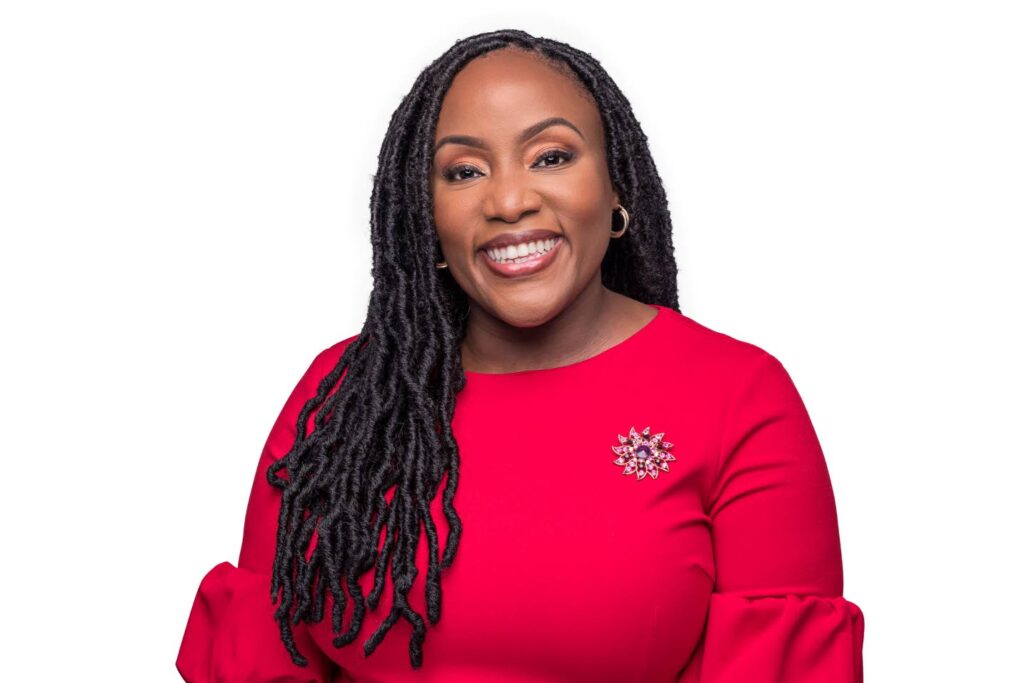Camille Steer, senior corporate manager at JMMB, says households should avoid overextending themselves financially as they support recovery efforts after Hurricane Melissa.
In the rush to help neighbours and relatives after Hurricane Melissa, financial experts are urging Jamaicans to be careful not to give more than they can afford.
The instinct to step in is strong, they say, but too many people are dipping into savings meant for emergencies — or worse, taking on debt — at a time when their own finances are already stretched thin.
JMMB Senior Corporate Manager Camille Steer said Melissa’s aftermath is revealing a pattern that tends to follow every major storm: People want to help immediately, even if it undermines their own financial stability. She warns that while generosity is important, it should never come at the expense of a household’s long-term security.
“It’s the oxygen-mask principle. You secure your own position first, then you’re in a stronger place to support others,” Steer explained.
Many Jamaicans, she noted, are living without even a basic safety net, a reality that the hurricane has made painfully clear.
Jamaica’s economic structure adds to that vulnerability. With heavy reliance on tourism, agriculture and mining — three sectors that slow sharply after any major storm — income streams across entire communities can dry up overnight. The large informal workforce, often without insurance or structured benefits, is hit even harder.
Steer believes households must now treat financial preparation with the same urgency as storm shutters and bottled water. That begins with assessing one’s true financial position. The goal, she said, should be to build at least one to two months of emergency savings, even if it has to start small.
Setting up automatic transfers helps turn saving from a struggle into a habit. Budgeting, she adds, is where real resilience begins.
“Budgeting with discipline and purpose helps you understand what you can realistically contribute,” she said. A values-based approach which prioritises necessities and aligning spending with what genuinely matters prevents guilt-driven giving or panic spending from derailing recovery.
For Steer, Hurricane Melissa is also a reminder that recovery is a marathon, not a sprint.
The pressure to quickly “fix things” often leads to financial missteps. Remaining flexible, pacing spending, and avoiding emotion-fuelled decisions will matter as the country slowly rebuilds, she added.
She emphasised that resilience doesn’t come from grand gestures but from small, consistent actions: Micro-saving, micro-giving, and steady contributions to personal financial goals. Over time, she said, consistency is what builds true financial power.
“Our steady, consistent efforts will create a collective impact that strengthens Jamaica’s resilience. Together, we can rebuild and rise again,” she said.

